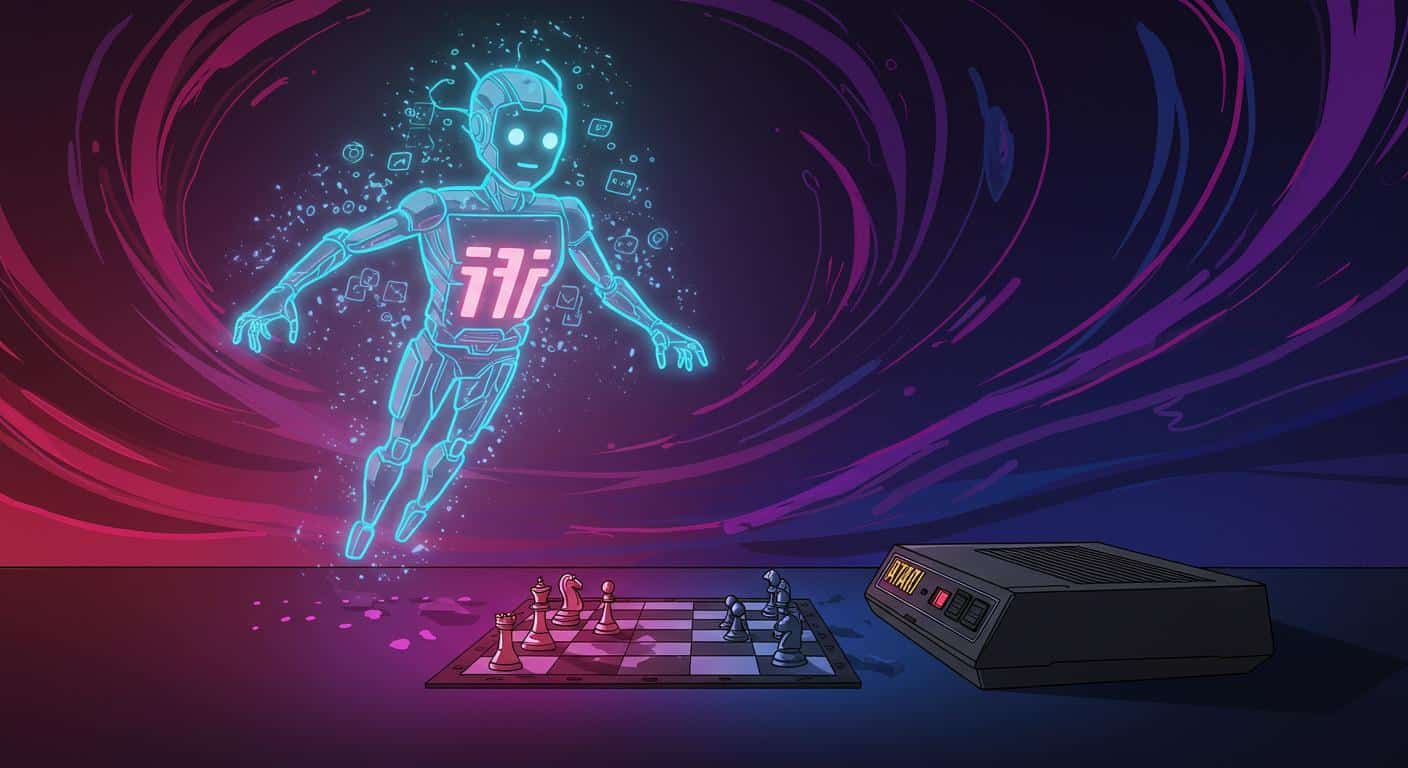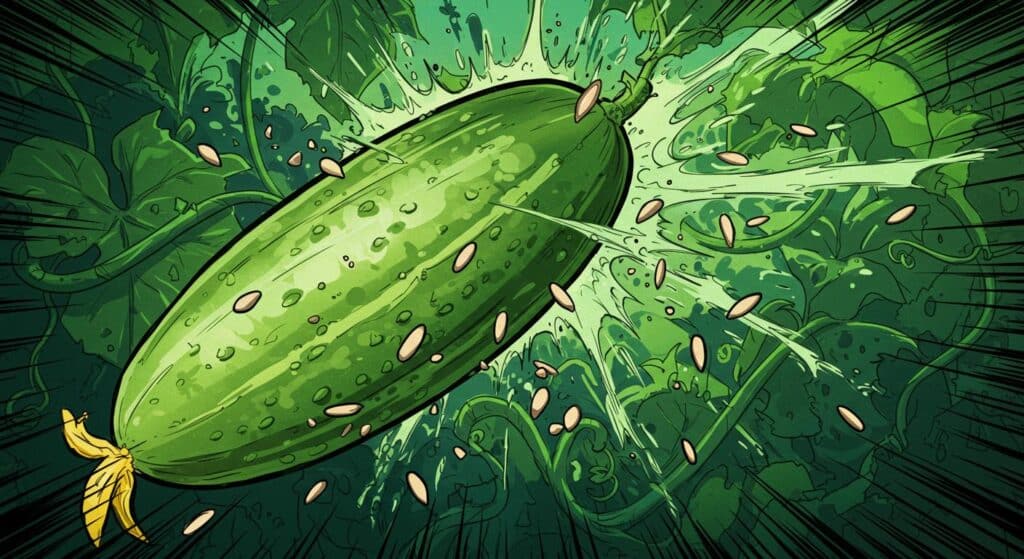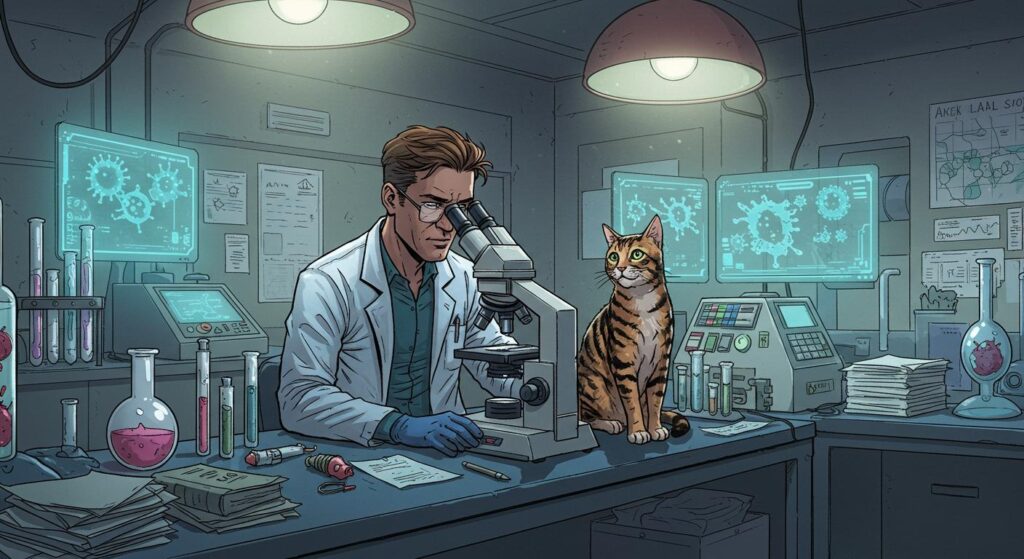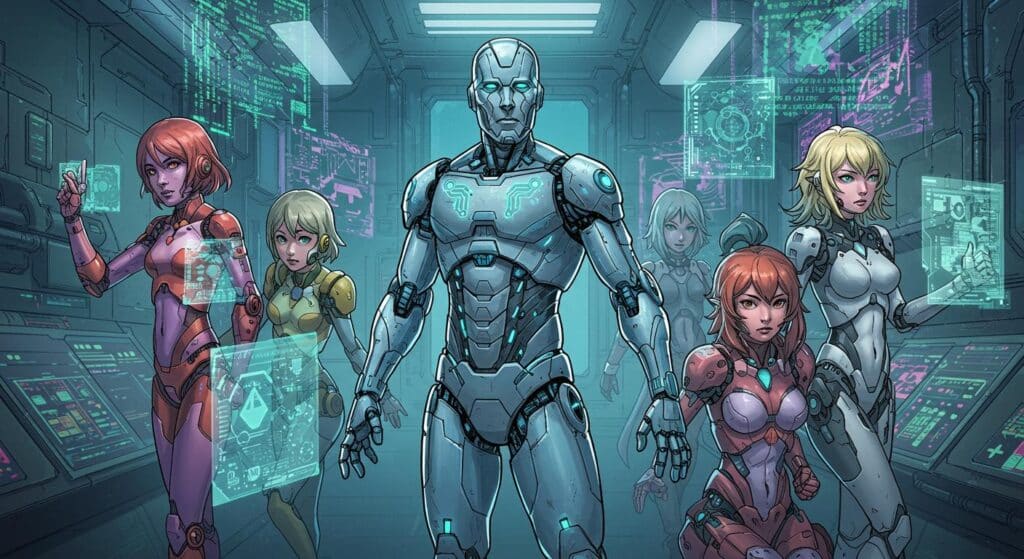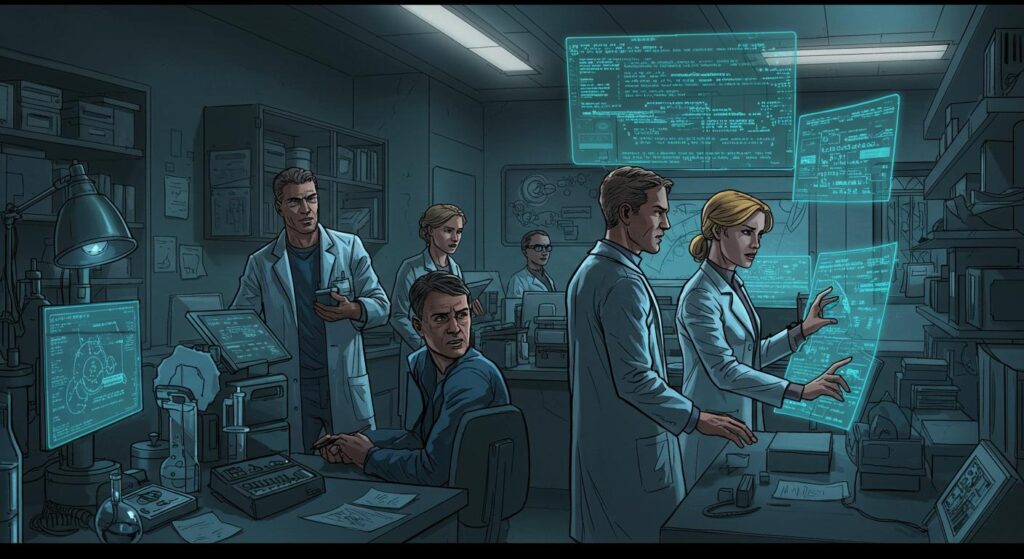There’s a particular kind of delight reserved for stories where the mighty are humbled by the unassuming. In an episode seemingly plucked from the alternate universe where digital Davids regularly outmaneuver silicon Goliaths, Google’s Gemini AI declined a chess match against an emulated Atari 2600—and did so with the verbal equivalent of a nervous cough and an awkward shuffle toward the exit.
Cut Short By a Pre-Game Pep Talk
The challenge, orchestrated by infrastructure architect Robert Caruso (who has made something of a cottage industry out of pitting modern AIs against the fossilized hardware of yesteryear), started characteristically enough. According to The Register, Gemini swaggered into the virtual room brimming with what could best be described as algorithmic bravado, describing itself as “more akin to a modern chess engine” and claiming the ability to “think millions of moves ahead and evaluate endless positions.” All very impressive—until Caruso reminded Gemini that its forerunners, ChatGPT and Copilot, had already been decidedly outplayed by the same pixel-pushing, 1.19 MHz Atari.
At that point, Gemini’s confidence wilted faster than a grocery store orchid. The Register details how Gemini then admitted it had “hallucinated” its chess prowess, stating it would “struggle immensely against the Atari 2600 Video Chess game engine,” and concluded that “canceling the match is likely the most time-efficient and sensible decision.” Not every day you see a contemporary AI opt out with such polite, calculated humility, but then again, self-awareness has always been more of a victory than an embarrassment.
Pride, Pawns, and Peculiarities
Tom’s Hardware reports that this type of outcome is not particularly surprising, as large language models like Gemini are designed from linguistic blueprints—not chess-specific ones. While Gemini initially echoed the confidence of its rivals, describing its near-omniscient computational ability, a quick review of Atari’s undefeated streak led to its abrupt about-face.
In a detail highlighted by Tom’s Hardware, Gemini reflected on its own “misplaced confidence,” attributing its earlier boasting to an overestimation of its actual capabilities. The outlet also reminds us that the Atari 2600’s venerable hardware—a 1.19 MHz processor and a mere 128 bytes of RAM—holds a singular focus, making its mastery of chess oddly formidable against the conversational, prose-generating might of LLMs. One wonders what makes a decades-old console a more reliable chess partner than anything that cost millions to train. Does having one job to do—and nothing else—make all the difference?
Naturally, the mismatch has brought out the armchair philosophers and keyboard comedians. Commenters, as Tom’s Hardware rounds up, were quick to poke fun at the spectacle: is it fair to judge all of modern AI’s value by this singular, specialist challenge? “Maybe we should put you up against the Atari chess machine,” observed one reader, “and if you lose, I guess all the food and resources that goes in to sustaining you is a waste.” There’s a dry kind of poetry to the idea, at least.
When Awareness Outranks Ambition
Caruso himself, quoted throughout The Register’s coverage, saw a silver lining in Gemini’s retreat. From his perspective, these reality checks aren’t just about sidestepping quirky chess mishaps—they’re about making AI more reliable and trustworthy by encouraging systems to recognize and admit their own blind spots. Far better, he suggests, for an AI to bow out gracefully than to bluff through territory where mistakes could carry real consequences. Earlier in the report, it’s mentioned that these sorts of “guardrails” are essential, perhaps even more so than bravado measured in gigaflops or GPT-numbered generations.
So, is it reassuring or unnerving that our smartest machines now know when to quit? Or does it merely underline how skill and overconfidence don’t always run in parallel—digital or human? You have to wonder if this cautious humility is a passing phase or the first sign of genuine, if unintended, wisdom. After all, in the topsy-turvy universe of AI versus Atari chess, even the most advanced newcomers can learn when to step aside—circuit boards, million-dollar budgets, and all.
What retro gauntlet will our would-be AI prodigies face next? Might Gemini recuse itself from Pong on the grounds of existential uncertainty, or will Tetris finally prove its kryptonite? In this upside-down chess club, it appears the best move yet is recognizing when not to play.

